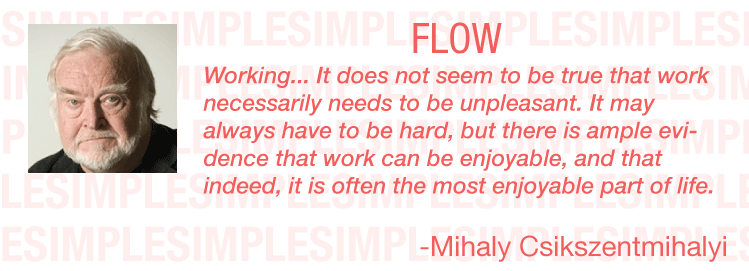Several months of research, brainstorming, compiling, and editing have helped to present a finalized topic for my mastery thesis project. My thesis dwells in an established convergence of both Design and Monetization fields of video game development ("GDC 2017", 2016). With the rapid evolution seen over the past several years in the way games generate money, pugnacious realities can wreak havoc on a game for simply not utilizing the correct monetization structure (Rose, 2016). While monetization is one of the most vital aspects of game design, it is often the most overlooked in the industry today and not considered by many game designers (Rose, 2016). My thesis will aim to show the importance of monetization as a part of any game’s foundational design.
Flow, a mental state that elicits enjoyment accompanied by a precise and powerful focus, is the primary objective of all games and thus the most powerful apparatus in a designer’s toolbox (Chen, 2006). Since flow is an established element of the core purpose of a game’s design, it is logical to identify a relationship with monetization design. My thesis, in addition to providing data to support the importance of flow and monetization in design, will show how the two can work together in a mutually beneficial way. Being able to understand how these two aspects interact will give designers a way to reap the full potential of their creation. My proposal will show a how each monetization structure should be implemented with the flow aspects of game design. And since the video game industry generates over 16 billion dollars a year, there is limitless potential.
While there are yet to be any major, established research in this specific area, there are several influential voices that handle these topics individually. Monetization, specifically in the mobile and social marketplaces, has been covered in-depth by Tim Fields of Kabam (Fields & Cotton, 2012). Other industry leaders such as Kate Flack, Ethan Levy, and Martin Koppel have also shared valuable information in regards to the impact of monetization on video games (Rose, 2016). Flow state in games has also been explored extensively by several industry voices. Mihaly Csikszentmihalyi, who first discovered Flow as a construct in the 1980’s and 1990’s, has spoken at length about the components of flow in games (Chen, 2006). Jenova Chen is also a notable voice who has explored flow in video game design, making large leaps forward in integrating the two together (Chen, 2006). I will use these voices and many more as I continue to build upon my thesis in the coming months.
_________________________________________________________________________________
References
Chen, J. (2006). Welcome to Flow in Games. Jenovachen.com. Retrieved 30 October 2016, from http://jenovachen.com/flowingames/introduction.htm
Fields, T. & Cotton, B. (2012). Virtual Goods. Gamasutra.com. Retrieved 31 October 2016, from http://www.gamasutra.com/view/feature/135067/virtual_goods__an_excerpt_from_.php
GDC 2017. (2016). Gdconf.com. Retrieved 28 October 2016, from http://www.gdconf.com/conference/
Rose, M. (2016). Understanding the realities of video game monetization. Gamasutra.com. Retrieved 30 October 2016, from http://www.gamasutra.com/view/news/205412/Understanding_the_realities_of_video_game_monetization.php


